The Ultimate Guide to Responsibly Recycling Electronic Waste
The Ultimate Guide to Responsibly Recycling Electronic Waste
Each year, millions of tons of electronic waste, or e-waste, are generated worldwide. This surge is driven by constant technological advancements that render our gadgets obsolete quickly.
With the hazardous materials contained in electronics, improper disposal can result in severe environmental pollution and health risks.
In this definitive guide, we'll explore the importance of recycling e-waste, the hazards of improper disposal, and how to find responsible e-waste recycling facilities for secure e-waste destruction.
By taking the time to understand and contribute to the correct handling of electronic refuse, you can be part of the solution to a rapidly growing global issue.
The High Cost of E-Waste
E-waste contains a variety of toxic substances such as lead, mercury, and cadmium. When these materials end up in landfills, they can leach into the soil and water, posing significant risks to human health and the environment.
The United Nations University reported that in 2019 alone, the world dumped about 53.6 million metric tons of e-waste, with only 17.4% being recycled.
Beyond the environmental impact, e-waste also represents a substantial loss of valuable resources.
Electronics contain precious metals like gold, silver, and palladium, which can be recovered through proper recycling processes, reducing the need for mining and contributing to a more sustainable supply chain.
The Lifecycle of E-Waste
Understanding the lifecycle of electronic devices helps to pinpoint where the e-waste problem begins. The process usually starts with the extraction and refining of raw materials to produce the components of electronic devices.
Subsequently, the manufacturing phase combines these parts to build complete products, followed by distribution, usage, and ultimately, disposal.
The lifecycle approach is critical as it allows us to identify how and where waste occurs during these stages and find solutions to minimize it.
For example, manufacturers can design products with easier-to-recycle materials, and consumers can extend the life of their devices through proper maintenance and upgrades, reducing overall waste.
The Role of Proper Disposal
Disposal is the last stage of the life cycle yet one of the most critical in preventing damage to the environment.
Proper disposal involves separating the e-waste, sending recyclable materials to certified processors, and ensuring any residual waste is safely treated to prevent environmental contamination.
Many countries have implemented legislation requiring manufacturers to take back and recycle their products at the end of their life, known as Extended Producer Responsibility (EPR).
EPR can help shift the burden of e-waste management from taxpayers and local governments to the manufacturers who are best positioned to manage their products' lifecycles.
Finding the Right Recycling Facility
Not all recycling facilities are equipped to handle e-waste, and some may even export it to developing countries with weaker environmental regulations. To ensure you’re choosing a responsible recycling service, look for certifications such as R2 (Responsible Recycling) or e-Stewards. These certifications guarantee that the facility adheres to the highest standards for environmental protection, health, and safety.
It's also essential to research the processing methods of potential recycling facilities. Ideally, they should use eco-friendly practices that minimize the release of hazardous materials into the environment. Additionally, try to find a local facility to reduce the carbon footprint associated with transportation.
The Consumer's Role in E-Waste Recycling
Consumers play a crucial role in the e-waste epidemic by being mindful of what happens to their electronics when they no longer want or need them. Here are some steps you can take to be a responsible consumer:
- Repair and refurbish electronics where possible.
- Donate working equipment to organizations or individuals in need.
- Recycle electronics through certified programs.
- Advocate for more transparent and robust e-waste regulations.
Taking these actions not only ensures that e-waste is handled responsibly but also encourages a culture of sustainability and environmental stewardship.
The Global Perspective
While e-waste is an issue that affects local communities, it also requires a global perspective. Developed countries often ship their e-waste to developing nations, where it is processed under unsafe conditions, exposing workers to dangerous toxins.
The Basel Convention is an international treaty designed to control the transboundary movements of hazardous waste, including e-waste.
To address the global dimension of e-waste, we must support international agreements like the Basel Convention, and work towards standardizing e-waste policies globally.
Such efforts can help protect vulnerable communities from the health risks associated with e-waste processing and ensure a more equitable distribution of responsibility.
The Future of E-Waste Management
The proliferation of electronic devices shows no signs of slowing down, making the proper management of e-waste more critical than ever. Governments, manufacturers, and consumers all have a part to play in this ongoing challenge. The future of e-waste management will likely involve:
- Advancements in e-waste recycling technologies.
- Development of sustainable materials for electronics.
- Increased awareness and education on e-waste.
- Integration of e-waste management into the circular economy.
By staying informed and proactive, we can collectively work to create a future where e-waste ceases to be a threat to the environment and public health.
In Conclusion
Responsibly recycling e-waste is an integral part of environmental conservation and public health. By understanding the dangers of electronic waste and taking action to properly dispose of our gadgets, we can contribute to a cleaner, safer world.
Whether you're an individual consumer, a business, or a policymaker, there are steps you can take to make a difference. Start by educating yourself on e-waste issues and begin implementing responsible recycling practices today. The planet and future generations will thank you.
Ready to Recycle your E-waste?
At Data Shredder Corporation, we understand how crucial it is to destroy sensitive data securely and recycle e-waste recycling in Massachusetts. We're here to offer you the best hard drive data destruction and recycling services in Massachusetts, ensuring your peace of mind while contributing to the planet's health.
Your trust is our top priority, and we're dedicated to safeguarding your information with our certified, dependable solutions. Before a security breach even whispers your name, give us a call at
(508) 906-6080 or fill out our
contact form. Let's get you set up with our services, starting your journey towards complete data security.

Contact Us
40 School Street, 2nd Floor
Framingham, MA 01701
Email: service@datashredder.net
Business Hours
- Mon - Fri
- -
- Sat - Sun
- Closed
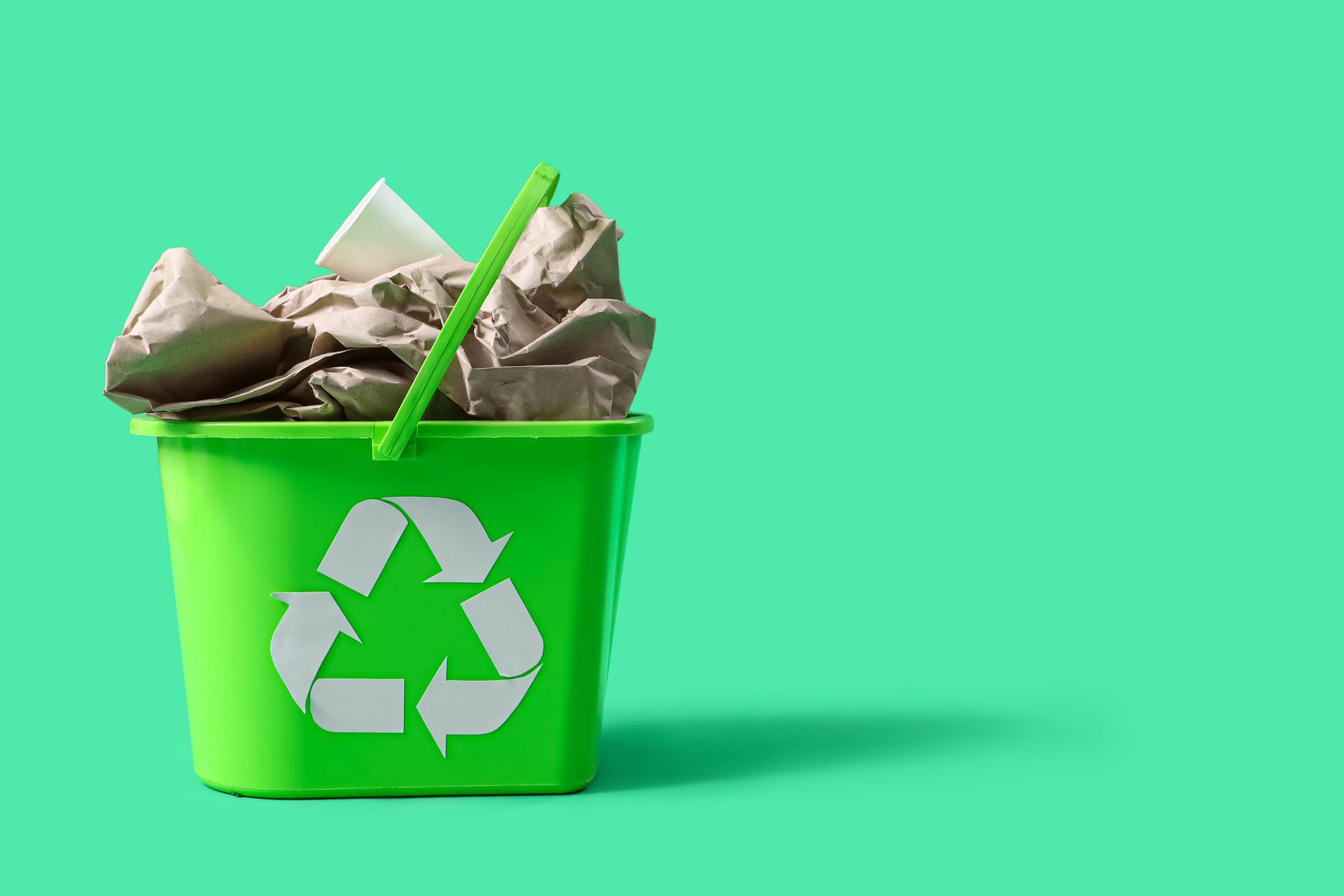
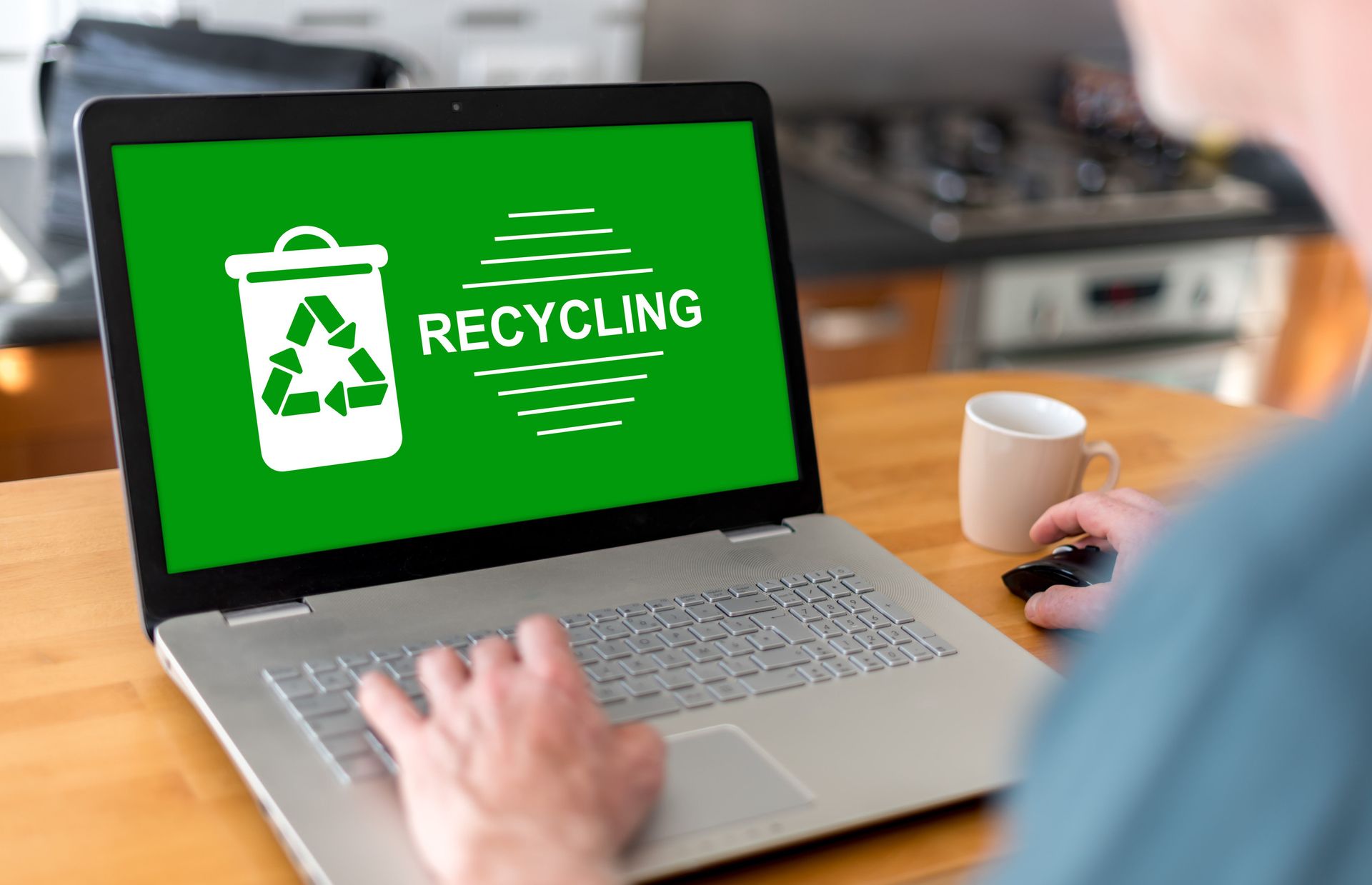
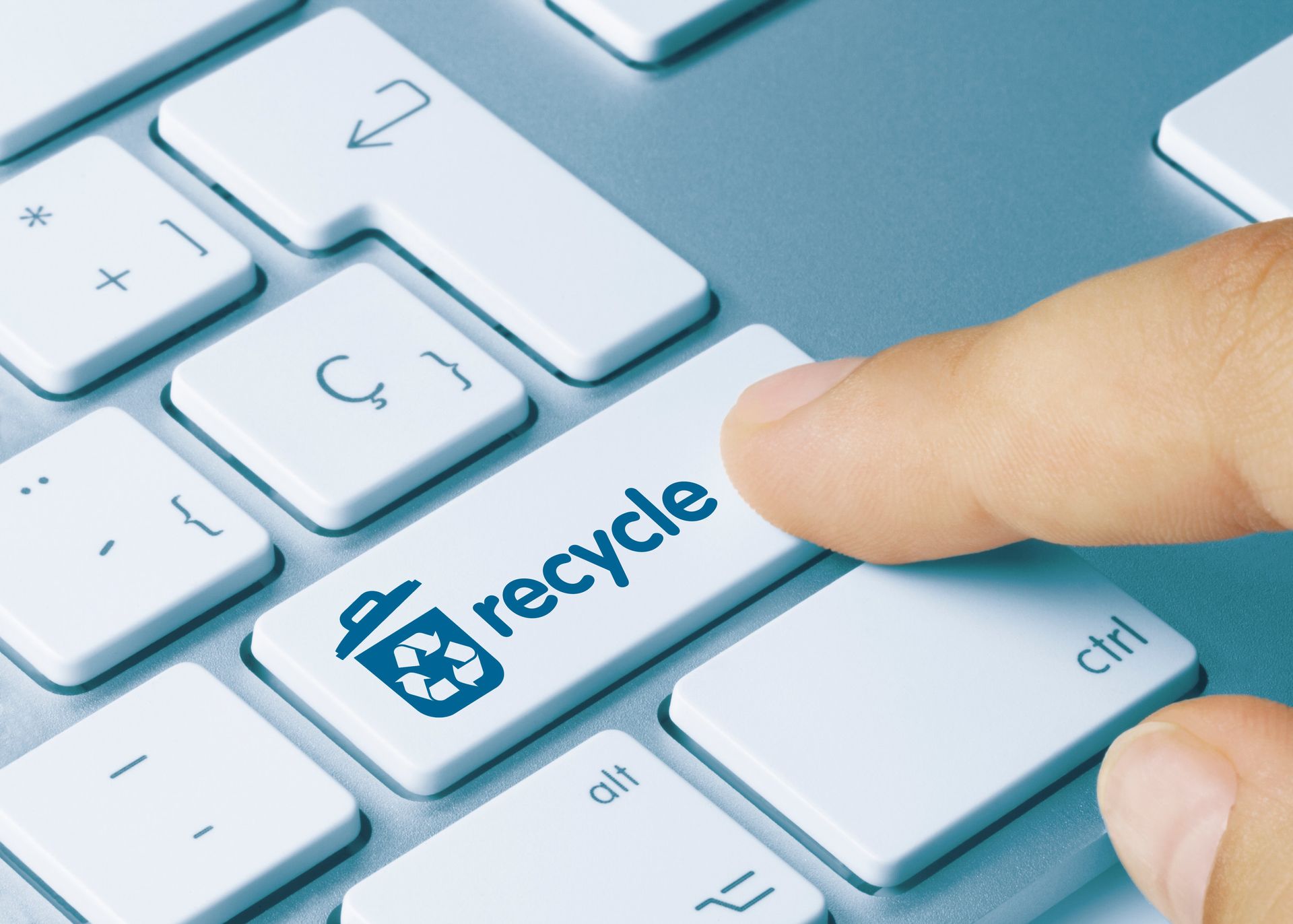
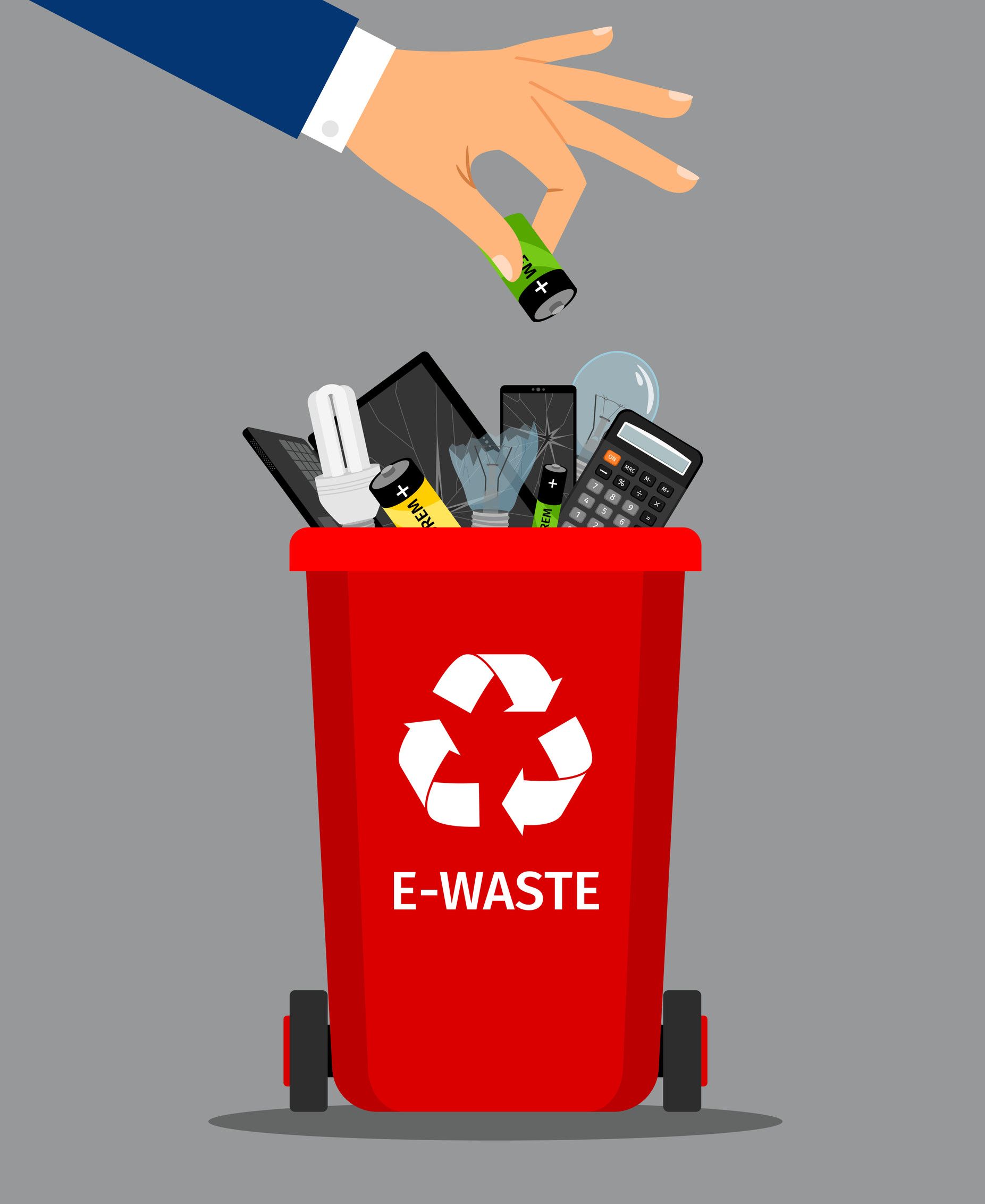
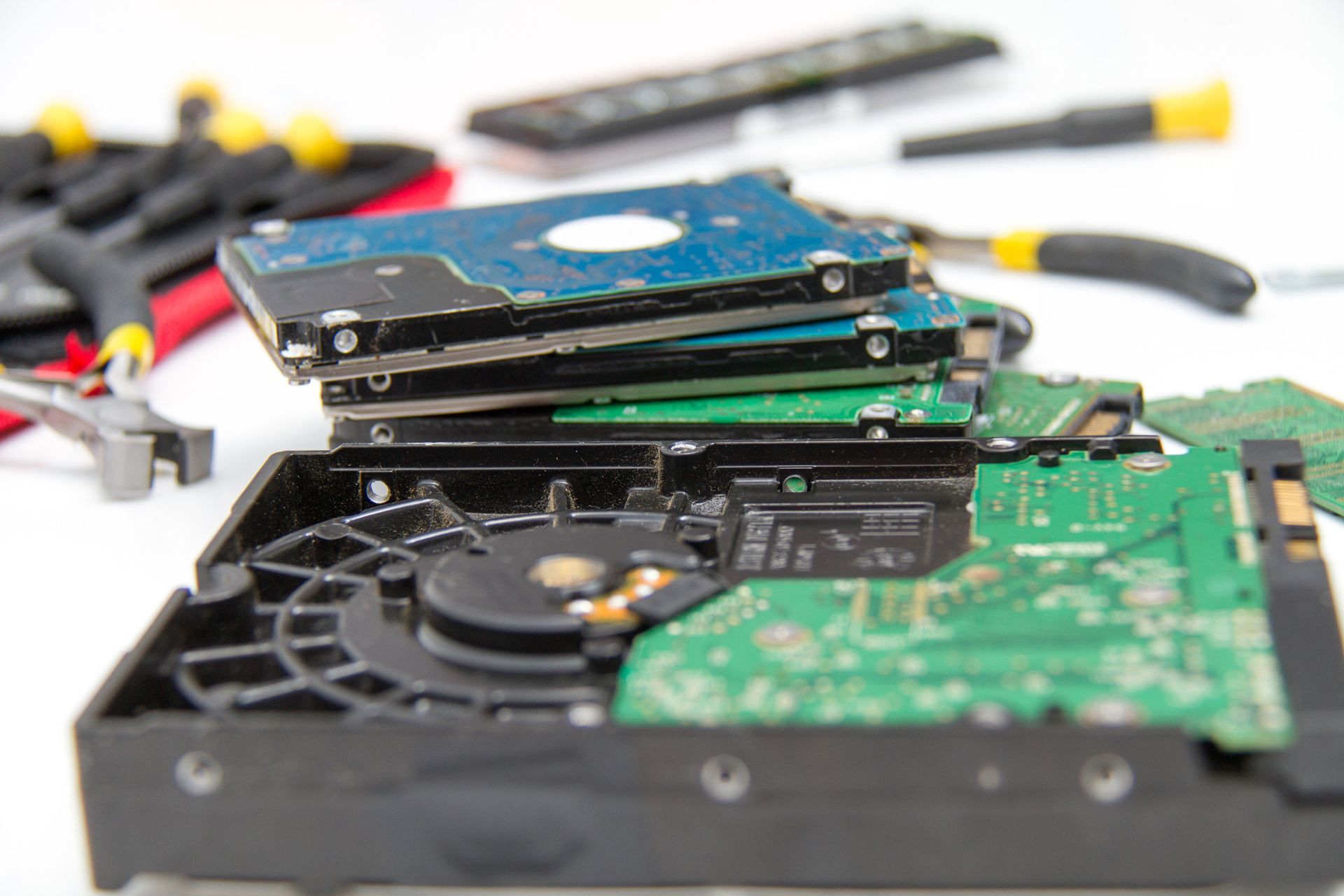

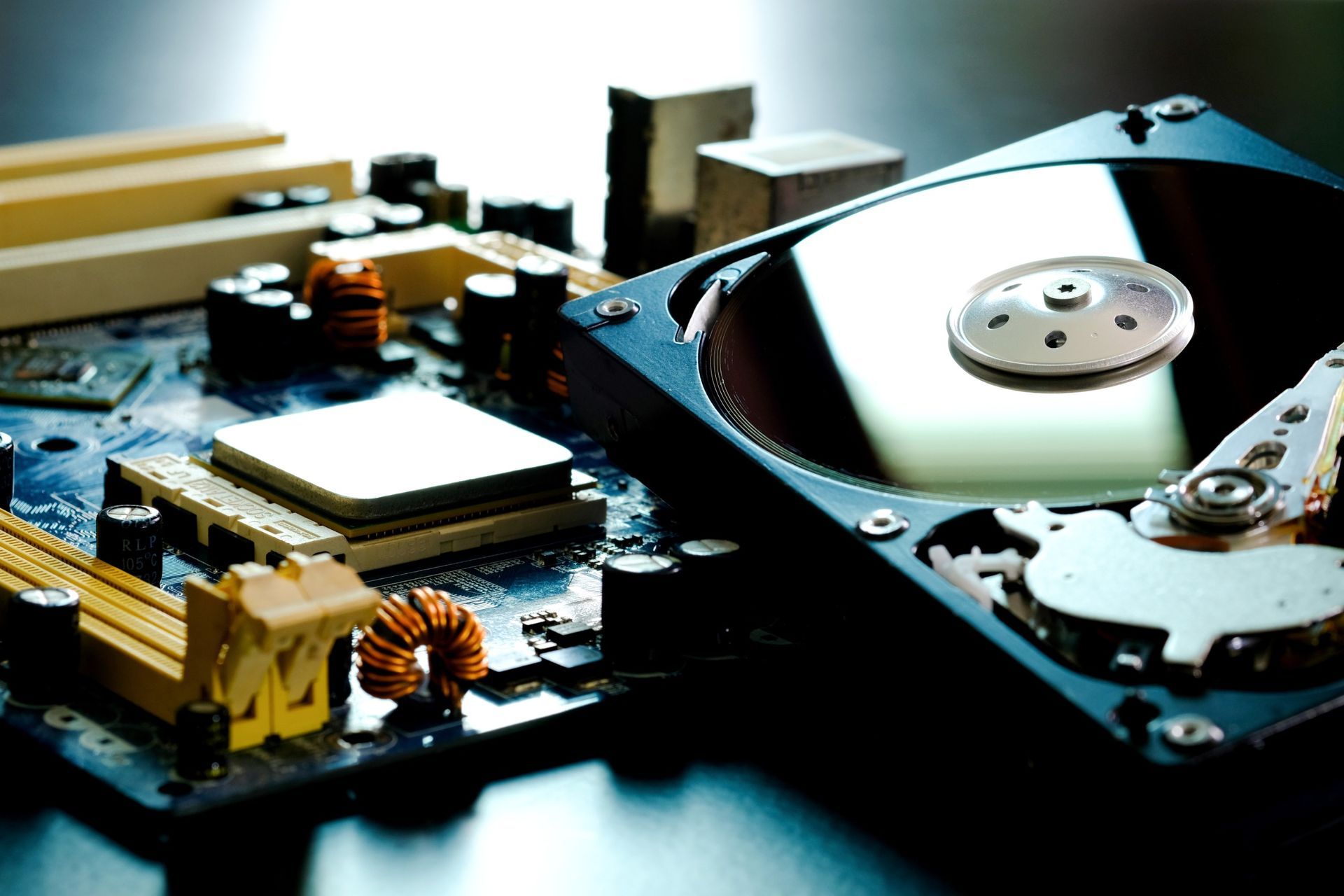
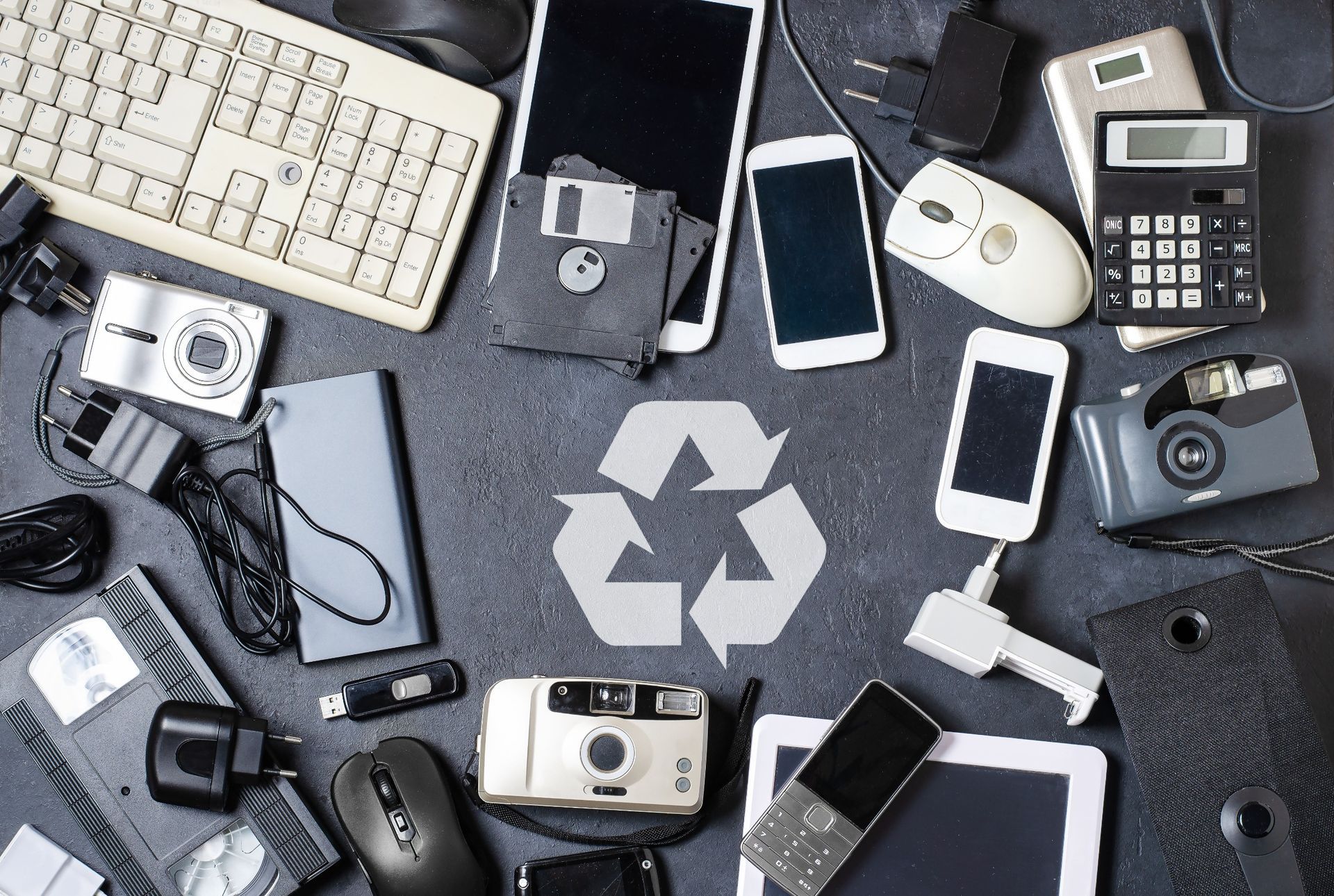

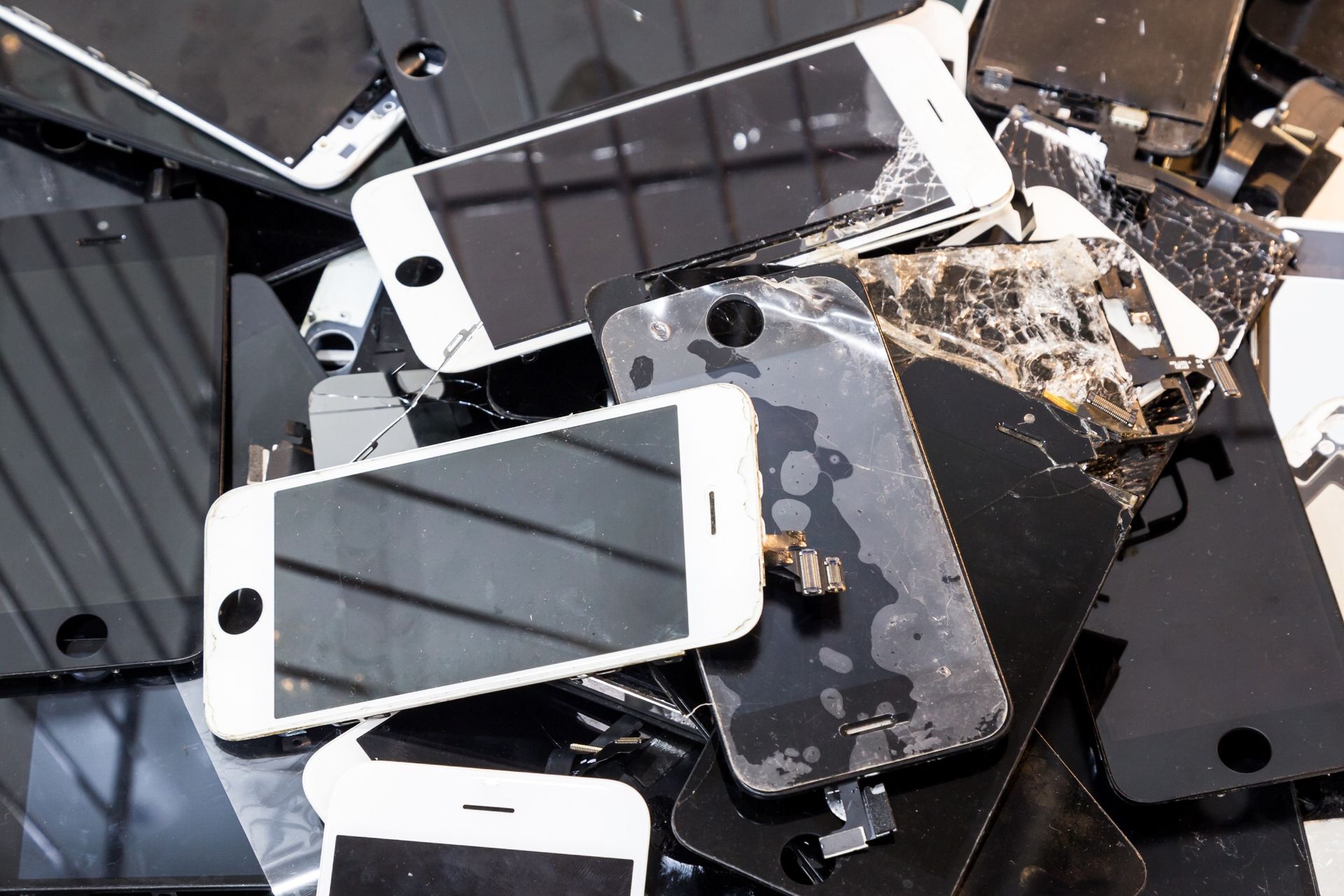
Share On: